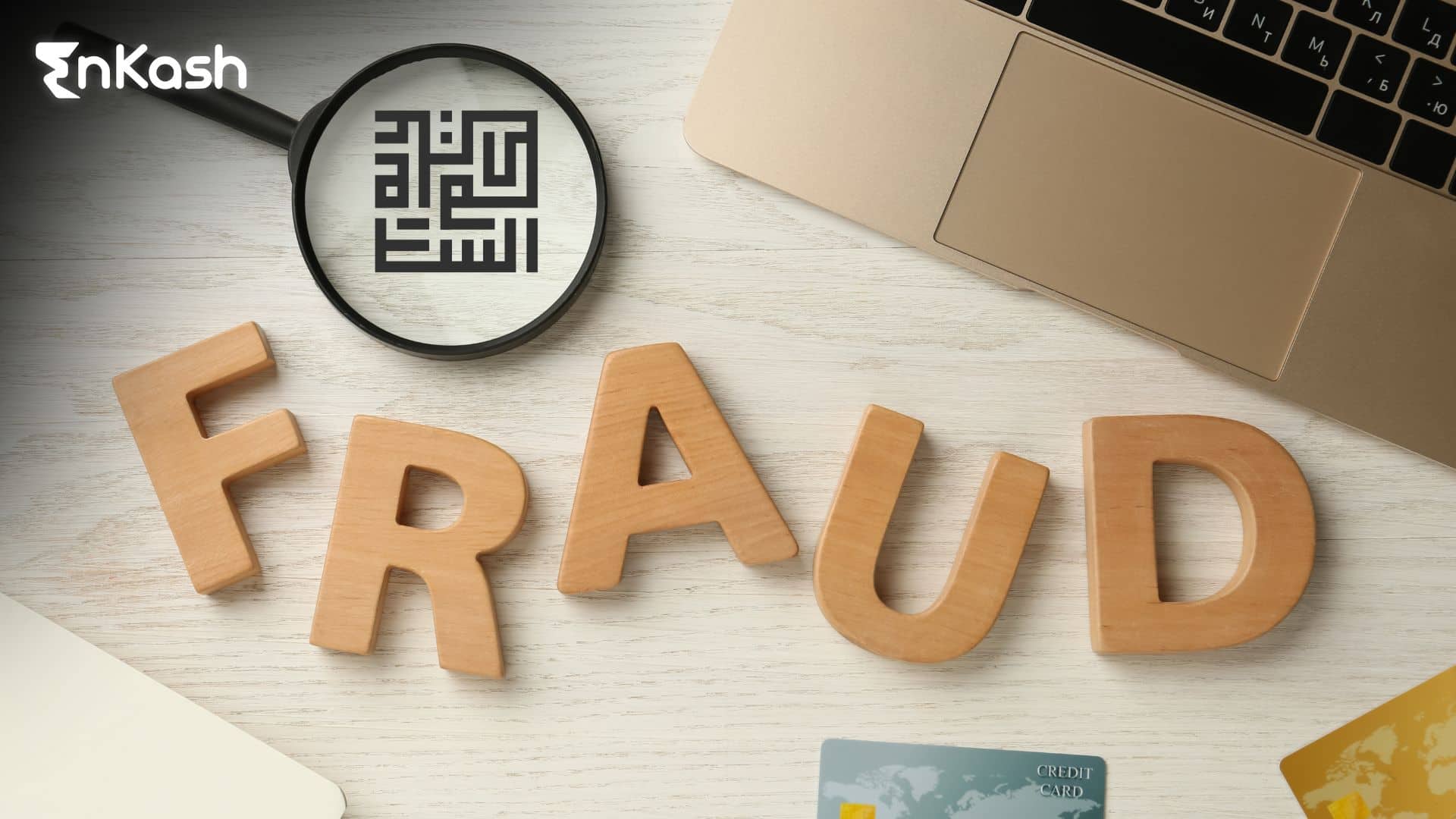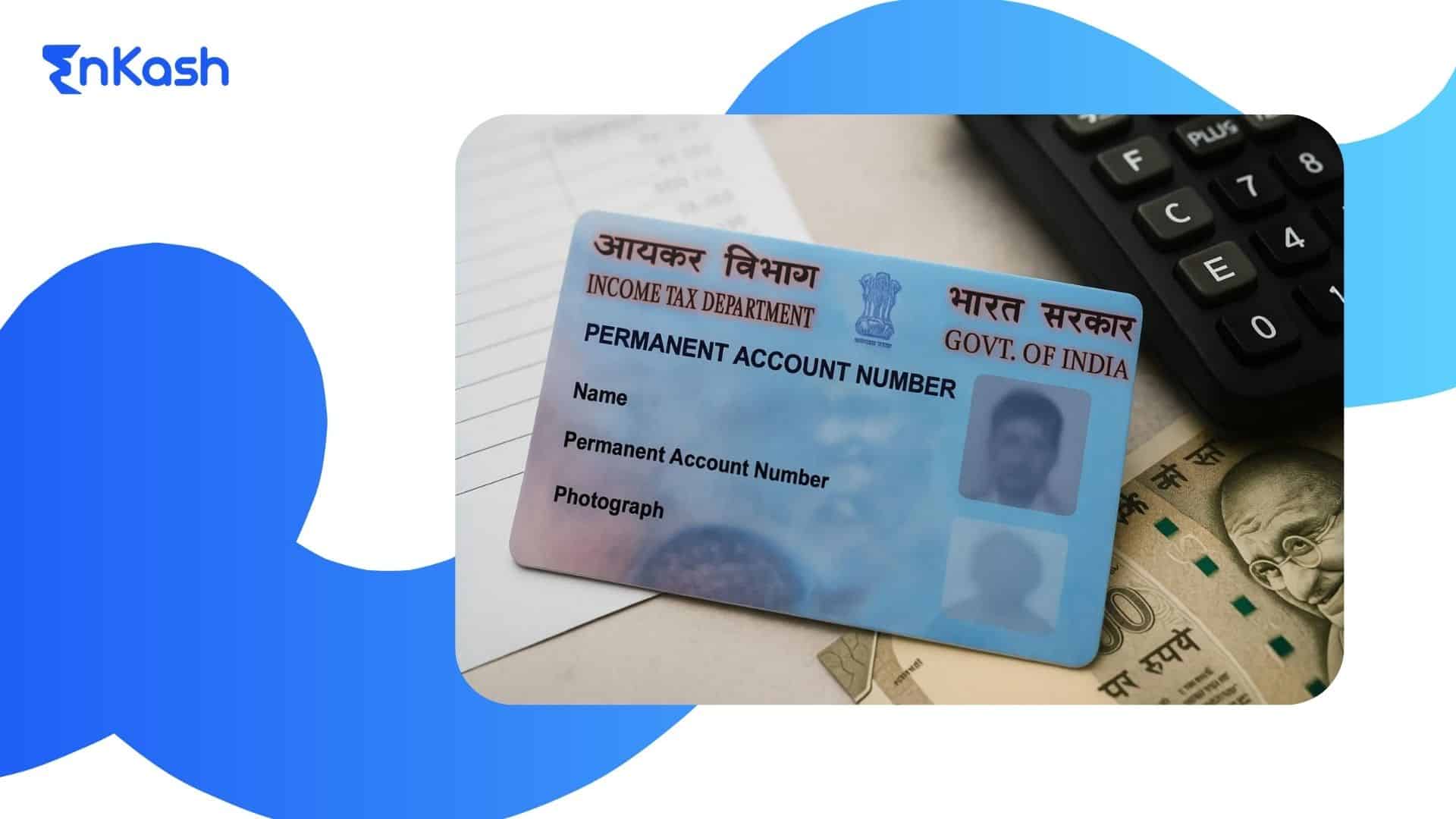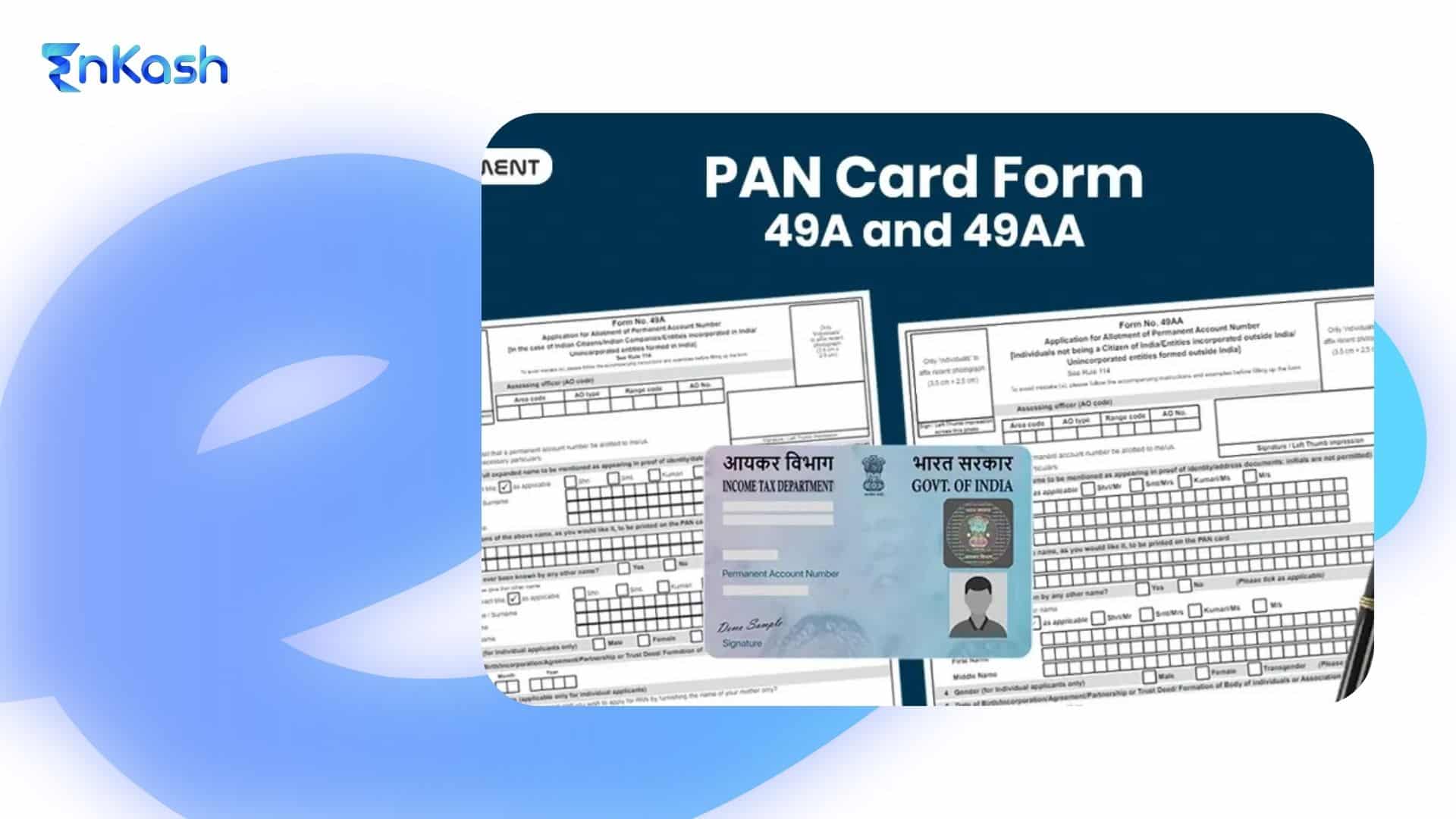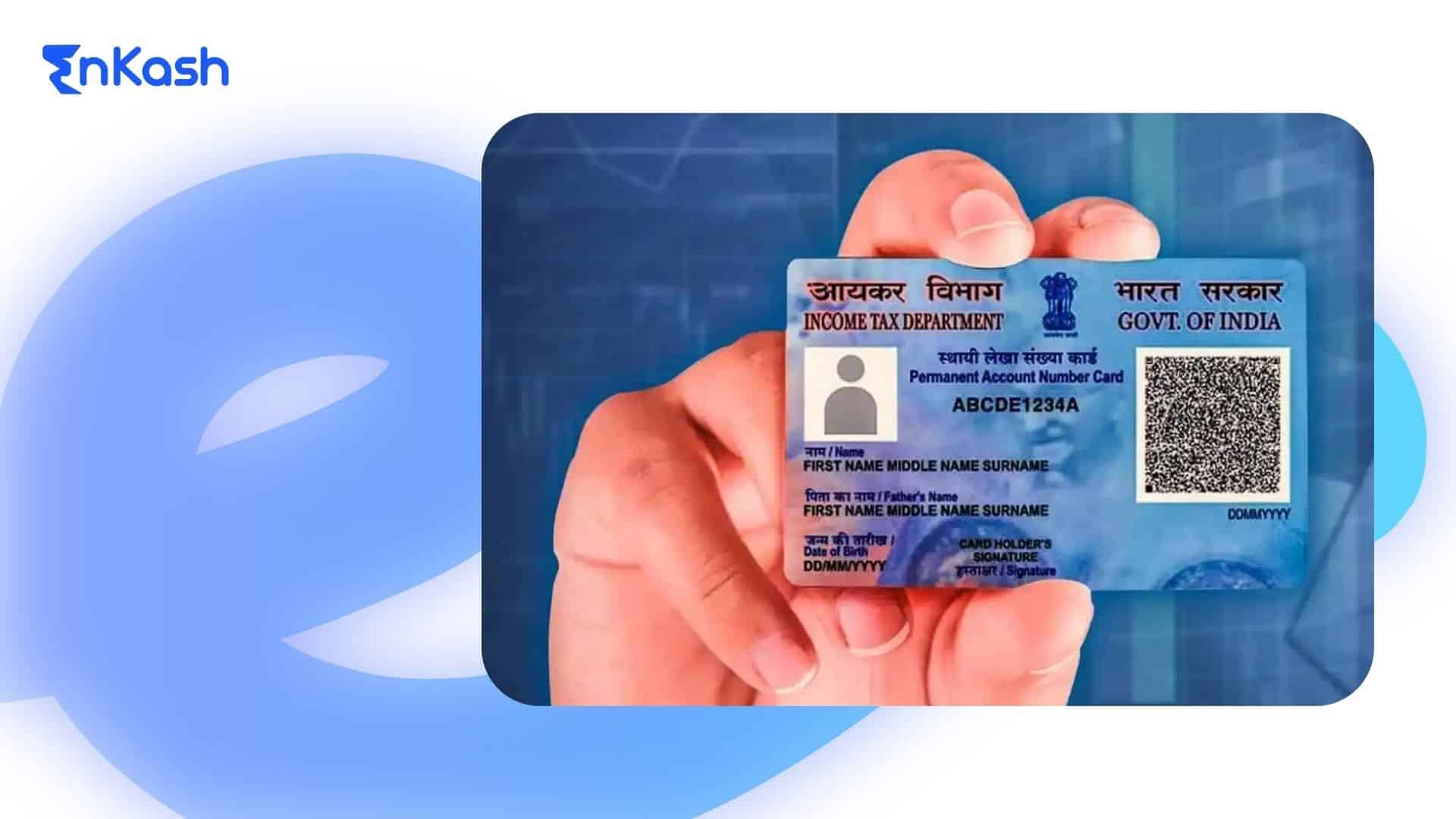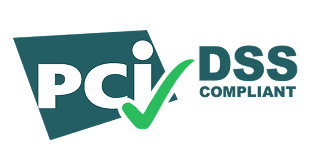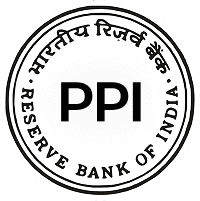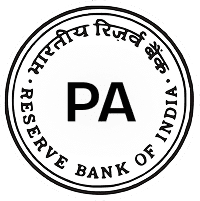Introduction
With digital transactions growing at such lightning speed, online payment fraud stands as an impending threat. Payment gateway security is more important today than ever for both small businesses and large e-commerce ventures. Fraud prevention is not just about protecting businesses; it builds customer trust and keeps the payment ecosystem healthy. This blog talks about how fraud prevention ensures a secure payment gateway and what a business can do to stay ahead of cybercriminals.
Why Stopping Payment Fraud Matters More Than Ever
With rapid changes in technology, online shopping has turned into a new way of buying things. The convenience, however, has its range of cyber threats. It’s essential to understand the importance of fraud prevention in maintaining a secure and trustworthy environment for online payment. Here’s why it matters now more than ever:
Online Transactions Are Skyrocketing
Millions of transactions are perpetrated every day through e-commerce platforms, food delivery applications, travel portals, and subscription services; hence, it has never been easier for fraudsters to capitalize on the weaknesses of the system. Each of them is a portal for potential cybercriminal activity. Hence, platforms such as EnKash that enable frictionless business payments need to continually adapt their fraud risk control system to implement smarter, scalable fraud detection and prevention measures.
Customer Trust Can Be Lost So Easily
A single payment fraudulent transaction shatters customer confidence. In such cases where personal or financial data of a buyer is compromised, such customers will never return, and worse, will advise others not to purchase from a brand whose reputation is being tainted. Repairing such incidents can take a very long time. Therefore, EnKash suggests strictly incorporating security infrastructure and intelligent monitoring tools for customers’ data to build their long-term trust.
The Associated Cost of Fraud Is Rising
Businesses face losses due to direct payment fraud and other indirect costs like chargebacks, penalties, legal fees, increased costs of customer support, revenue growth slowdown, and disruption in operations due to time lost in resolving disputes. EnKash’s reporting and dispute resolution very much fit in to assist and counteract such costs ahead of the game by preventing and minimising fraud.
Compliance Is Not Optional
In enforcing strict data protection and security standards, regulatory bodies from around the world have come into existence. While some of the most prominent guidelines include PCI-DSS (Payment Card Industry Data Security Standard), the EU has its specification called GDPR (General Data Protection Regulation), along with India having an act by the name of the RBI enforcing best practices for payment data protection. Noncompliance with these could subject the concerned to litigation and penalties. EnKash ensures that its payment infrastructure complies with world standards, thereby helping businesses comply with regulations smoothly.
As fraudsters find new ways to infiltrate, it is important for every business to focus on robust fraud prevention. Using a platform such as EnKash, which is safe and intelligent, businesses can protect their operations, customers, and brand reputation from new threats.
Top Risks That Online Payment Systems Face Today
As the payment becomes more and more virtual, a new risk also develops. Cybercriminals and hackers put their brains to the test in finding out weaknesses in payment systems. Businesses face some of these threats:
Phishing Attacks
Cybercriminals create fraudulent websites, emails, or SMSes that impersonate a bona fide business. These messages prompt the users to give their login credentials, card details, or OTPs. The stolen details are then used for either unauthorized transactions or identity theft. EnKash educates users and sends alerts when phishing-like behavior occurs so it can be avoided.
Card Testing Fraud
Fraudsters use stolen credit or debit card numbers to initiate small transactions. If the small transaction is successful, they now know the card is still valid and will perform larger fraudulent purchases with it. EnKash’s real-time fraud filters and anomaly detection now block any suspicious transaction patterns instantly.
Chargeback Fraud
Friendly fraud describes an instance where a customer purchases a good or service and later disputes the charge with their bank in a bid to acquire a refund. That conflict leads to a complete loss for the merchant. EnKash supports businesses in reducing chargeback risks by providing documentation, transaction logs, and facilities for quick support.
Account Takeover
This is when hackers unauthorizedly enter any user’s online account due to weak passwords, reusing of login credentials, or via phishing scams. Once in the account, hackers may modify payment settings, conduct unauthorized purchases, or extract stored card details through malicious means. Setting up multi-layered authentication with EnKash would make it almost impossible for such takeovers to succeed.
Bot-Based Attacks
Automated bots could fake hundreds or thousands of transactions within a few minutes. The vast scale of such an attack is aimed at disrupting the system and is also possibly deployed for card testing, coupon abuse, or even stealing personal information. EnKash ensures intelligent bot detections that sweep away such unguided tools before they bring harm to users.
Key Security Features That Keep Payments Safe
In the ultra-competitive world of online transactions, genuine security features become another shield from danger for both users and businesses. Keeping any payment gateway secure requires multiple layers of security against cyber threats. Here is how EnKash makes payment safety so smooth:
Tokenizing for Data Security
Tokenization replaces sensitive card information with unique encrypted tokens. In case of a cyber breach, such tokenized data cannot be used by the fraudsters. EnKash’s tokenization methodology never exposes sensitive payment data, therefore providing an extra layer of security.
SSL Encryption for Data Protection
Any information transferred between the user and the gateway must remain encrypted due to the SSL standard. EnKash makes SSL compulsory for its platform, meaning data in transit cannot be intercepted.
Two-Factor Authentication for Extra Security
2FA allows for another layer of security that asks users to verify their identity through an OTP, biometric confirmation, or device-based confirmation. EnKash’s authentication mechanisms abide by respect to the guidelines laid down by the RBI and PCI-DSS, which minimize the risk of infiltration.
Behavioral Analytics for Suspicious Activity
Behavioral analytics tools work based on patterns, such as location, type of transaction, and even timing, to detect anomalies in real-time. EnKash’s fraud engine uses these tools to identify suspicious behavior and take immediate measures, thus keeping fraudsters away.
Address Verification System (AVS)
AVS basically tries to match the billing address that the user supplies with the one registered with the card issuer. EnKash utilizes an AVS check as part of its secure transaction process, providing an additional layer of protection against card-not-present (CNP) fraud.
Read more: Payment Gateway
Smart Ways to Protect Your Payment Gateway
One might say that for a payment gateway to be considered secure, it should have all security layers built into it; however, even the safest gateway will have to rely on comprehensive security efforts taken by the companies themselves to increase the overall level of protection. Here are some very effective and working methods to protect your payment system from fraud and cyberattacks:
Always Use PCI-DSS Certified Payment Gateways
Selecting PCI-DSS (Payment Card Industry Data Security Standard) compliant providers means that your platform has been certified to observe its stringent international standards regarding payment data security. Certified gateways maintain regular security audits and encompass cutting-edge mechanisms of protection by default.
Update Software Regularly
An outdated piece of software is one of the easiest targets for an attacker. Security patches are provided by developers to fix known vulnerabilities. Always keeping your payment software, plugins, and operating systems up to date minimizes any chance of exploitation and also keeps your security protocols current.
Set Transaction Limits and Rules
Transaction limits, such as the highest amount allowable for transactions or limits on purchases per day, can set the stage for suspicious activity. Suppose, for instance, that a high-value transaction occurs through a newly registered user. This might very well be a red flag that needs to be thoroughly checked before an approval is issued.
Real-Time Monitoring and Alerts
Real-time monitoring tools are wary of fraudulent activity when it is being perpetrated. Time is of the essence, and with the instantaneous dispatch of alerts whenever there is some abnormal purchase behavior, an unusual rise in transactions, or repeated failed attempts at logging in, the business will have enough time to act and mitigate associated risks.
Educate Your Customers on Safe Practices
Security involves more than just technology; for it is equally about user awareness. Keep your customers informed about common types of scams and phishing techniques, and on ways they can make strong passwords. A well-aware customer base would be least likely to fall victim to fraud and would further help in setting an overall payment security environment.
Helpful Tools and Technology That Prevent Payment Fraud
As these frauds of payment online grow more ingenious, the tools for their prevention also grow more varied; that is to say, something something, now the businessman has some fairly good technologies at his disposal so that businesses can detect and prevent fraudulent activity even before it stoops to the level of putting some financial loss or harm to reputation. So, here’s a look at the most important tools and technologies that grease the wheels of payment gateway security:
AI-Powered Fraud Detection System
Artificial Intelligence is very much into real-time fraud detection. These machine learning models learn from and analyze enormous amounts of transactional data in order to classify patterns and anomalies. These kinds of systems detect newer signs of fraud, say an outlying purchasing pattern or out of the ordinary login behaviour, and can take immediate action, many times faster than any human analyst could.
Fraud Scoring Engines
A “fraud score” is assigned to each transaction on the basis of multiple factors such as the amount of purchase, history of user, IP location, and the type of device used. Once it crosses a certain threshold, the system may outright block such a transaction or keep it flagged for manual review. This kind of system will allow both speed and security between the businesses without slowing down every transaction.
Blacklist and Whitelist Filters
The purpose of these filters is to allow merchants to block malicious entities or allow trustworthy actors. For instance, blacklisting a specific IP address or device prevents it from being used again if it has been caught in previous fraudulent activity. Conversely, whitelisting trusted payment sources allows real customers to pay without unnecessary hurdles or hurdles.
Geolocation Fraud Check
Almost every payment fraud prevention tool has geolocation checks built in. They compare the actual location of the user versus the billing or shipping address. A purchase made in a country or region the user has never transacted in before might get flagged. This is particularly useful for blocking fraudulent international transactions.
All-in-One Fraud Prevention Platforms
The comprehensive platforms, such as Stripe Radar, EnKash, and PayPal Risk Intelligence, provide a full-fledged suite of services, including AI detection, fraud scoring, rule customization, and reporting. These features are incorporated into payment gateways themselves and kept current to counter newer fraud mechanisms.
Real Challenges in Keeping Payment Systems Secure
Despite the availability of advanced tools, maintaining a secure payment gateway isn’t without its hurdles. Several real-world challenges can impact the effectiveness of fraud prevention efforts, especially for growing businesses. Here are some of the most common difficulties:
Constantly Changing Threats
One of the greatest challenges is that fraudulent activities are changing. Once a new fraud is detected and blocked, cybercriminals advance to exploit newer vulnerabilities available to them. Keeping ahead of these constant changes thus requires constant updates, constant threat monitoring, and constant system improvements.
Balance Between Security and User Experience
Excessive security aspects such as CAPTCHA, OTP, or repeated identity verifications annoy users and make them abandon their carts. Meanwhile, removing these stops will render the platform less secure. A company must find some sort of median where the system is secure enough but easy to use.
Third-Party Integration Risks
Most websites leverage third-party plug-ins and APIs for payments, shipping, analytics, or marketing. If any of these integrations are not well-secured, they serve as entry points for cybercriminals. All connected tools must be security certified, though this is not always straightforward to enforce.
False Positives and Rejection of Transactions
Sometimes fraud detection systems inaccurately tag real transactions as fraudulent, resulting in false positives. False positives will lead to revenue loss, unhappy customers, and strained relationships. Fine-tuning the fraud filter system is always a tradeoff between minimizing false positives and maximizing true positives.
Exorbitant Cost of Implementation
Taking advantage of advanced fraud detection solutions, especially those powered by AI, comes with a price tag. For small and medium-sized businesses, setup, licensing, and maintenance costs can be major impediments. There is a market for cheap solutions, but the most comprehensive solutions typically come at the highest price.
Impact of Payment Fraud on Business Reputation and Revenue
Payment fraud results not just in a financial loss; it damages the image of the brand and undermines consumer confidence. In the digital market, competition is fierce, and a bad experience stemming from payment fraud can have grim repercussions that last a long time. Hence, EnKash truly stresses the need to secure every transaction. Here are some ways in which fraud affects revenue and reputation:
Loss of Direct Revenue
Every fraudulent transaction causes a direct revenue loss to a business. They lose the value of goods or services, and more so, end up giving credit to customers or chargebacks initiated by banks. EnKash furnishes merchants with state-of-the-art tools to identify such suspicious transactions and minimize revenue loss.
Increase in Chargeback Fees and Penalties
Too many chargebacks could expose a merchant to fines from payment processors and even result in the termination of the merchant’s account. EnKash, the risk and fraud monitoring functionality provided by the platform, helps merchants stay under dangerous thresholds by stopping suspicious transactions before they occur.
Customer Churn Due to Trust Issues
Customers expect safe payments, integrated seamlessly with their processes. Whether or not the fraud loss is directly attributed to a particular business, there is still the loss of trust. EnKash ensures a PCI-DSS compliant payment infrastructure, allowing businesses to give secure experiences and keep customer loyalty intact.
Brand Image Gets Tarnished and Affects Online Search Rankings
Negative word-of-mouth and bad online testimonials are the fastest and cheapest ways for their subjects to go viral. A single fraud incident failing the whales can hurt SEO rankings, conversion rates, and brand credibility. EnKash ensures that the brand is secure from end to end and keeps away from such instances of bad publicity.
Loss of Business Relationships
Vendors and partners may shy away from doing business with companies that have security incautiousness in their bags. By employing EnKash’s secure payment and expense management ecosystem, companies can reassure their partners by showing a commitment to data protection.
Higher Operational Costs
Investigating fraud cases, issuing refunds, and taking care of such customers’ complaints require time, money, and manpower, diverting all attention away from growth. EnKash, however, automates fraud reporting, monitoring, and compliance activities to cut operational costs and overhead.
Potential Legal Consequences
Failure to secure payment information may lead to legal action and severe fines under PCI-DSS, GDPR, or RBI rules. With EnKash, your business will have a compliant platform to smooth out the regulatory landscape.
Loss of Competitive Edge
When safety claims a competitive edge, most businesses can lose their customers by providing a credit-worthy payment option and speed of redressal of issues. Coupled fraud protection features of EnKash allow brands to create trust and stand apart in the market.
Future Trends in Payment Fraud Prevention
Just as cybercriminals evolve with new methods, so should the machinery of payment security. The future belongs to intelligent tools, analytics modeled in real time, and behavior-based risk assessment. Here are the primary trends shaping the next generation of fraud prevention, most of which exist inside the EnKash ecosystem:
Artificial Intelligence and Machine Learning at Scale
AI models analyze millions of data points within a split second to detect fraud. EnKash uses machine learning to identify subtle anomalies and to flag suspicious behavior before the damage is done.
Behavioral Biometrics
Operations such as swiping, typing, or scrolling add another layer of security. EnKash is charting paths for future-ready platforms to integrate behavioral analytics for passive fraud detection that does not interfere with user experience.
Tokenization and Dynamic CVV
These involve the substitution of static card information with tokens or CVVs that change with each transaction and thus minimize risk. EnKash supports tokenized card data for secure vendor and card-based transactions throughout the platform.
Blockchain Technology
Although still emerging in payment systems, blockchain offers transparent and immutable transaction records. EnKash, therefore, is open to considering new secure blockchain-based solutions in the future as regulatory parameters evolve, to make the digital payment ecosystem more robust.
Multi-Factor and Adaptive Authentication
Adaptive security analyzes risk and applies more stringent verification when behaviors are unusual. EnKash allows custom workflows and verifications that enable companies to secure their high-risk transactions while not impacting user experience.
Integration of Fraud Prevention APIs in All Systems
Fraud has moved past the checkout page. Smarter platforms such as EnKash give APIs to secure the whole transaction process from login to payment, effectively securing the full transaction funnel. against fraud.
Cloud-Based Fraud Detection Platforms
Such a system can easily allow instant updates and can monitor fraud cases 24/7. With clouds, EnKash provides fraud protection at an enterprise level to startups, SMEs, and large corporations.
Rise of Regulatory Technology
Businesses are now seeking RegTech solutions to ease the compliance burden, thereby automating audit trails and reporting. EnKash aids compliance with RBI guidelines, tax regulations, and international data privacy laws.
Conclusion
With digital payments becoming a way of life, payment fraud prevention isn’t a choice but a must-have. From encryption to AI tools, and customer education to regulatory compliance, all these elements must come together to build a multilayered approach that ensures robust payment gateway security. By relying on secure payment gateways, smart technologies, and updated information about the latest threats, companies can safely secure their revenues and earn the trust of their customers.

